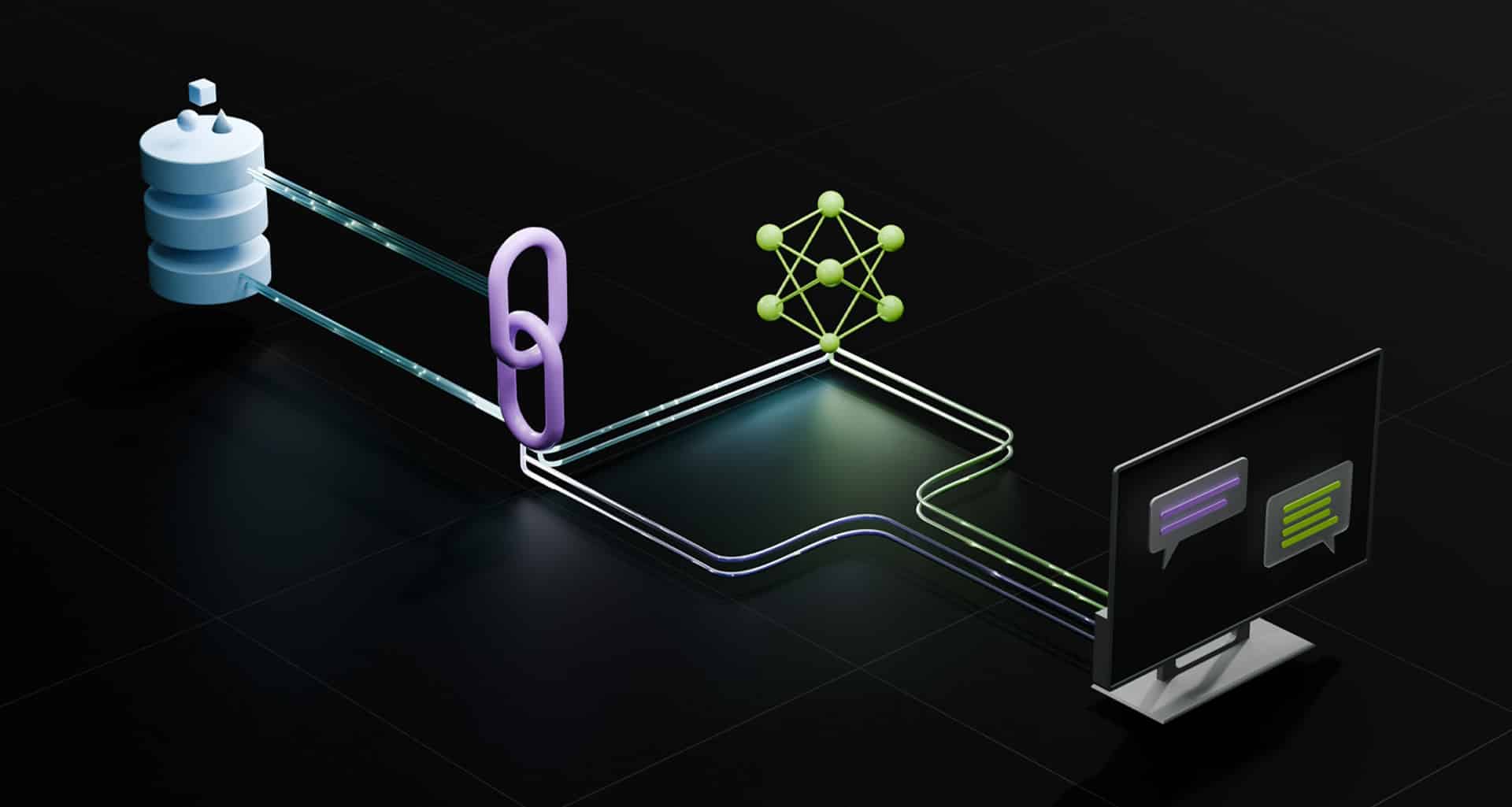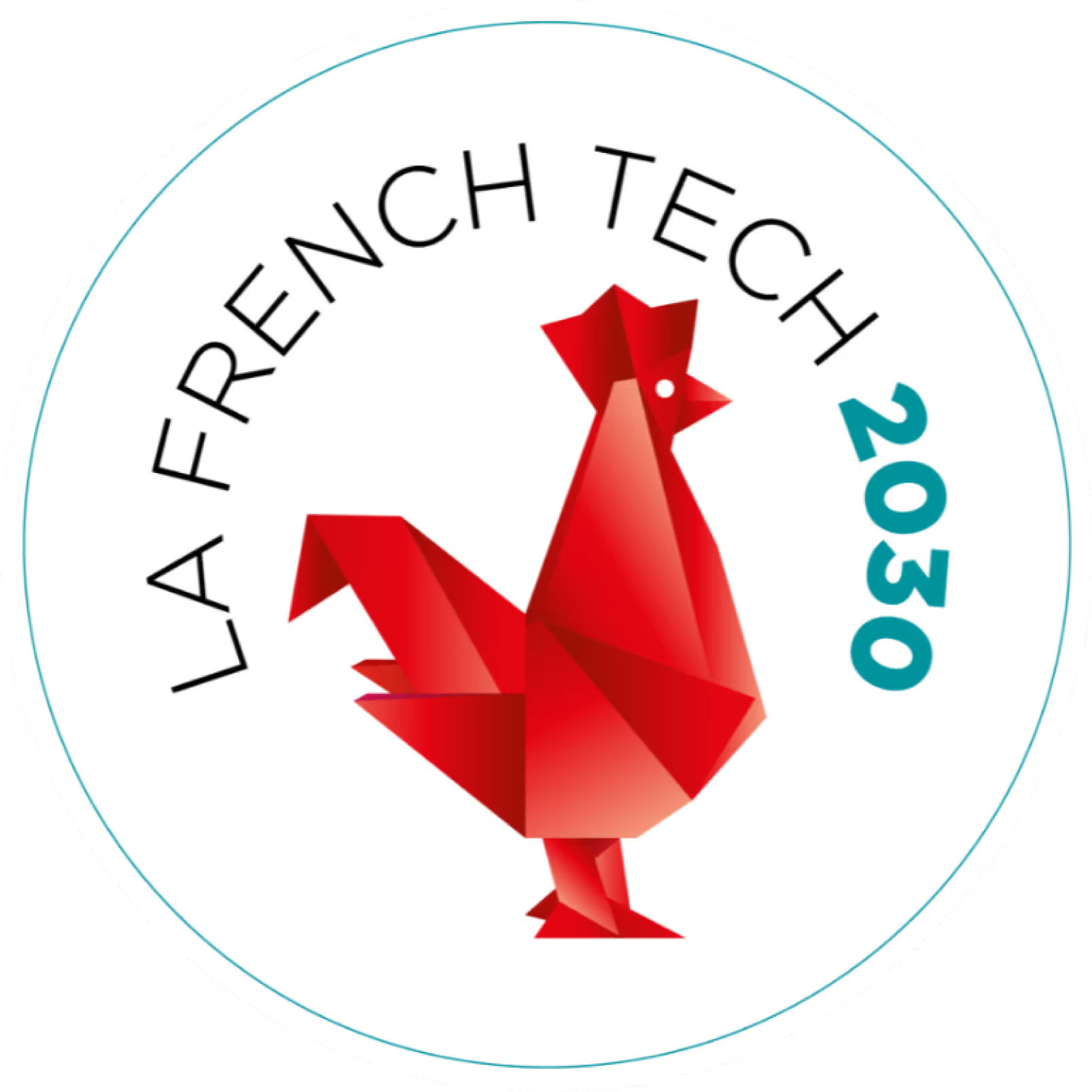
How to increase the productivity of your teams thanks to AI?
In a professional environment where every minute counts, the optimization of working time and operational efficiency are at the center of the concerns of managers. Artificial intelligence (AI) is now an essential tool for increasing team productivity, reducing mental load, and transforming the way tasks are managed on a daily basis. Automation of repetitive tasks, intelligent AI agents, collaborative tools: the digitalization of work is taking a decisive step forward.
This article explores how to take advantage of AI to boost productivity, with an emphasis onAI productivity, theautomating tasks And the AI agents at the service of the company.
AI, a driver of productivity in business
The integration of AI in organizations is no longer a simple fad, but a strategic accelerator of performance. According to a McKinsey study, AI could add up to 1.2% more annual productivity in advanced sectors.

The major benefits:
- Automating repetitive tasks : reduction of time spent on documents, research, or administrative processing.
- Better information management : intelligent analysis of large amounts of data to facilitate decision making.
- Collaborative AI agents : they support employees in planning, monitoring priorities, or customer relationships.
- Reduction in human errors : AI, when well-trained, limits oversights and inconsistencies in daily work.
As Maria Schools summarizes in a dedicated article, “AI makes it possible to put humans back at the heart of jobs by freeing them from tasks with low added value”.
Automating tasks: how does it work in practice?
Automating tasks using AI consists in deploying tools that take care of processes that are repetitive, time-consuming or have low added value, allowing employees to focus on more strategic or creative missions.
Concrete examples of automation:
- Email management : automatic sorting, on-the-fly response or prioritization of emergencies.
- Document processing : generation and review of reports, extraction/integration of data, automatic summaries.
- Customer service : virtual assistants capable of responding 24 hours a day to customer requests, providing level 1 support or transferring complex cases.
Talkspirit offers a analysis grid to effectively identify the tasks to be automated: “target those that are time-consuming, not very innovative and easily codifiable”.
Good habits to adopt:
- Identify recurring tasks in each department.
- Involve teams early on to identify daily irritants.
- Test AI tools on specific use cases before generalizing their deployment.
- Integrate automation into a global change management approach.
The role of AI agents in the transformation of work
While general-purpose AI delivers excellent results, the real productivity gains are found in the deployment ofAI agents specialized. These tools are programmed to interact independently with the company's information system, perform targeted tasks, and adapt to the business context.
What is an AI agent?
It is an autonomous digital entity, with extensive cognitive abilities: natural language understanding, reasoning, learning, planning, decision-making. The AI agent collaborates with employees through a conversational interface, a dashboard, or an automated workflow.
Examples of use cases for AI agents:
- HR support : automate leave management, the sorting of applications, or pre-onboarding.
- Sales support : qualification of prospects, generation of personalized proposals, automatic reminders.
- Smart project management : agents who analyze milestones, detect delays, and suggest reallocations of resources.
Thanks to assistants such as those in the Delos suite, it is possible to centralize multiple use cases (writing, verifying documents, organizing meetings, translation, etc.) in an ergonomic and secure environment.
Case study: How a service company transformed its efficiency through AI and task automation
Context
A consulting company specializing in human resources with 60 employees seeks to improve the productivity of its teams in order to refocus on creating value for its customers.
Initial challenges
- High volume of administrative processing (contracts, interview reports, reporting).
- Multiplication of management tools, leading to flow interruptions and a loss of time.
- Difficulty in ensuring personalized follow-up of candidates and customers.
Solutions implemented with AI agents
- Automating document generation :The company deploys an AI agent connected to its HR tools that automatically writes, reads and sends standard contracts and reports, with adaptation according to the customer.
- Optimization of customer follow-up :An intelligent assistant centralizes information by customer, detects urgent requests via email, offers automatic reminders and keeps the CRM up to date.
- Intelligent schedule management :An AI agent synchronizes the availability of speakers, suggests appointment slots, and sends automatic confirmations.
Result after 6 months
- More than 18 hours saved per employee each month on administrative tasks.
- Increased quality of deliverables, errors reduced by more than 40%.
- Improved customer satisfaction and positive feedback on the speed of processing.
The Delos platform, for example, offers this type of modular AI agents that are integrated into the company's technological environment, with a particular focus on security and ergonomics.
Points of attention and best practices for successful AI integration
The adoption of productivity AI is based on clear choices: it is not a question of replacing humans, but of enriching their daily lives.
Some essential prerequisites
- Raise awareness and train teams to collaborate with AI agents to overcome possible reluctance.
- Ensuring ethics and compliance in the use of AI, in particular on the management of personal data.
- Choosing open and interoperable tools, capable of integrating into the existing digital ecosystem.
As the reminder Wayden, “AI must be part of a global optimization approach, combining human management and technological efficiency”.
Why productivity AI is essential today
- Accelerate decision making and save time on monitoring and summarizing information.
- Streamlining collaboration by removing silos using transversal tools.
- Stay one step ahead : in an ultra-competitive world, those who know how to transform AI agents into intelligent teammates will ensure a lasting advantage.
Delos is already supporting hundreds of companies in their transition, by providing them with a suite of AI applications covering all daily needs: writing, document analysis, project management, translation, organization of meetings, etc. The accessibility, simplicity and security of the platform make it possible to deploy AI at the service of all, without technical barriers.
Conclusion
Productivity AI is no longer a simple concept, but a tangible reality for organizations that want to modernize their processes and offer more meaning to their teams. Thanks to the automation of tasks, the integration of AI agents and the support of solutions like Delos, every company can unleash the creativity and energy of its employees. However, the transition must remain gradual, concerted and ethical: innovation, yes — but always at the service of people.
Ready to take things to the next level? The time has come to choose AI to unleash the full potential of your teams!
Ready to begin
with Delos ?
Start now with 1000 free credit or ask for personalized support.

.png)

.png)




